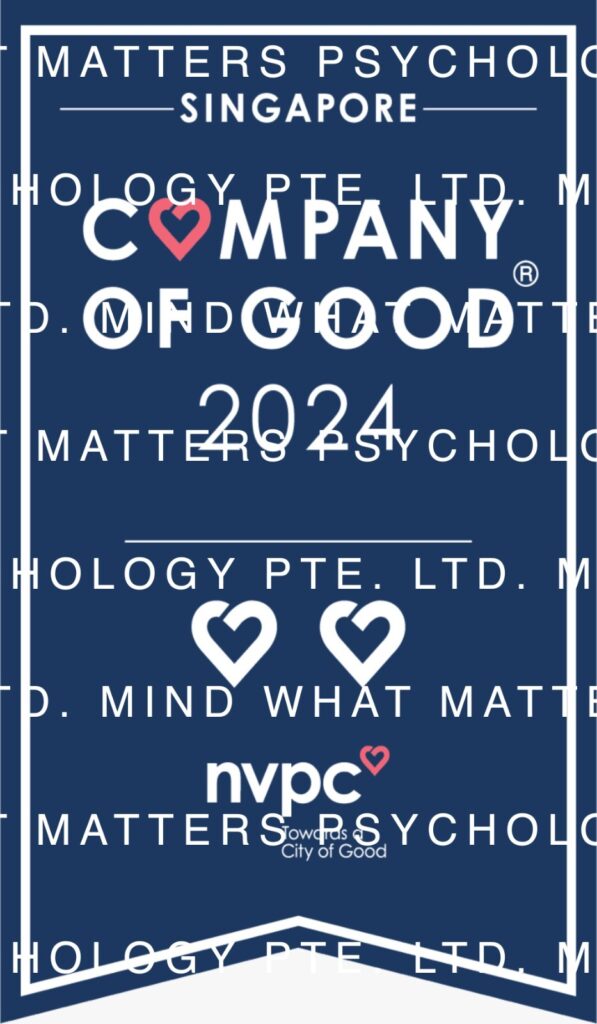Mindfulness Based Cognitive Therapy (MBCT), as the name suggests, incorporates Cognitive Behavioural Therapy (CBT) techniques. This technique aims to help clients in being better able to understand and manage their thoughts and feelings, reducing feelings of distress.
MBCT aids clients in recognizing that they are separate from their emotions and thoughts. This separation then allows clients to step out of their usual negative thought patterns and give way for positive thoughts. MBCT equips clients with the necessary tools and skills to cope during times of distress or when faced with overwhelming situations.
Techniques:
- Meditation: Focusing your mind on a thought to achieve mental clarity and emotional calmness
- Body scan exercise: Systematically focusing on different parts of your body to notice sensations, promoting relaxation.
- Breathing exercises: Controlling your breathing by fully engaging your diaphragm, promoting relaxation and mind-body connection.
- Mindfulness practices: Activities that cultivate a non-judgmental awareness of the present moment, often through focused attention and observation.
- Mindfulness stretching: Focusing on body sensations experienced during gentle stretching exercises, promoting mind-body connection.
Strengths:
MBT techniques are used across numerous mental health challenges, with MBCT being particularly effective for depression and mood disorders. The strength of MBCT lies in that with the development of better emotional management skills, clarity in thoughts allow for reduction of overthinking future events. The combination of mindfulness and cognitive therapy allows clients to process their feelings healthily, making the approach highly effective in improving overall well-being.














